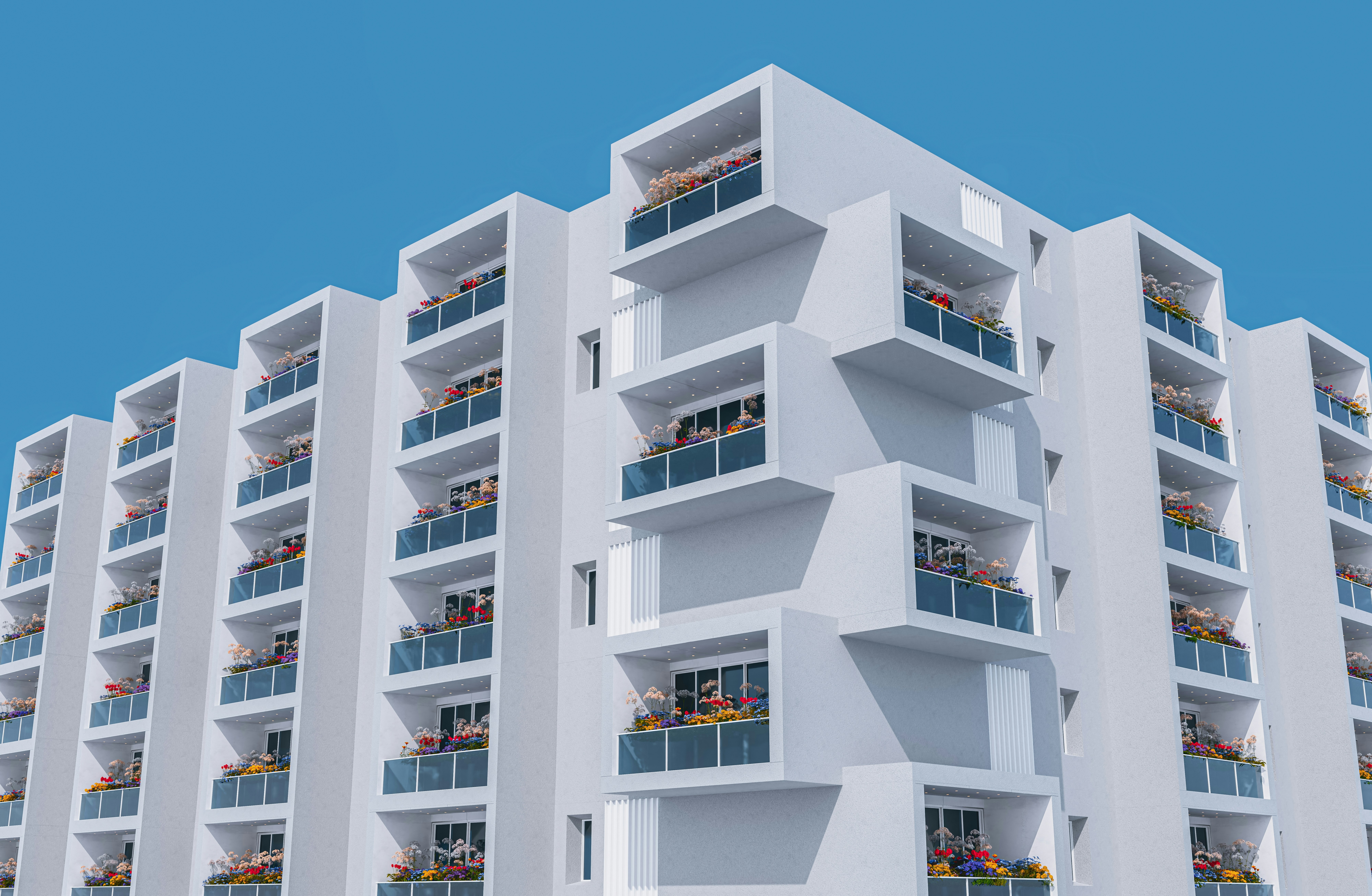
The real estate industry has always been an ever-evolving field, continually adapting to market demands, technological advancements, and global events. As we move further into the 21st century, the future of real estate development is being shaped by transformative trends that are redefining how properties are built, managed, and experienced. Developers, investors, and communities are increasingly adapting to these changes to stay competitive and meet the evolving needs of society.
Technology at the Core of Modern Development
One of the most prominent forces driving the future of real estate is technology. Proptech, or property technology, is transforming the way developers approach planning, construction, and management. From AI-powered market analysis to smart home systems and digital twins, the integration of technology is not just enhancing efficiency but also transforming the user experience.
Developers are now using virtual reality to showcase properties to potential buyers and investors before the first brick is laid. Construction technologies, such as 3D printing and modular building methods, are significantly reducing time and labor costs. Intelligent building systems are enhancing energy efficiency and reducing maintenance requirements, while also providing occupants with greater comfort and convenience.
Sustainability is Becoming a Standard
Environmental concerns are no longer optional in real estate development—they’re expected. Sustainable development practices are gaining momentum as cities and governments push for greener solutions. Energy-efficient buildings, renewable materials, and water conservation systems are now key components of any new project.
Green certifications, such as LEED and WELL, are influencing design choices and increasing property value. Developers who prioritize sustainability are not only helping the planet but also tapping into a growing market of environmentally conscious consumers. The future will likely see further integration of solar energy, green roofs, and innovative grid technologies, making buildings not just sustainable but self-sufficient.
Urbanization and the Rise of Mixed-Use Spaces
As cities grow more crowded and land becomes increasingly scarce, developers are turning to mixed-use developments to maximize the use of available space. These projects combine residential, commercial, and recreational spaces into one integrated environment, creating vibrant, walkable communities.
The demand for live-work-play spaces is rising, particularly among younger generations who value convenience and community. Mixed-use developments also help reduce traffic congestion and pollution by limiting the need for long commutes. As urban areas continue to expand, the popularity of this model is expected to grow, changing the face of city living.
Remote Work and the Shift in Housing Preferences
The COVID-19 pandemic changed how people view their homes. With remote work now a permanent option for many, homebuyers and renters are prioritizing space, comfort, and flexible layouts. This shift is leading to a rise in demand for homes with dedicated office areas, better internet connectivity, and outdoor space.
Suburban and rural areas are experiencing a renewed interest as people seek more affordable housing options away from crowded city centers. Developers are responding by building modern communities in previously overlooked regions, complete with amenities and services that rival those in urban environments.
Affordability and the Housing Crisis
Despite innovation and growth, the real estate market faces a significant challenge: the issue of affordability. Many cities are struggling with a lack of affordable housing, and the gap between income and home prices continues to widen. Developers are under increasing pressure to find solutions that make housing more accessible to a broader range of people.
Modular construction, government incentives, and public-private partnerships are among the strategies being employed to address this issue. In the future, we may see more collaborations between developers and local governments to build inclusive communities that offer housing options for all income levels.
The Role of Data in Smarter Decisions
In today’s data-driven world, real estate development is becoming more analytical. Access to real-time data on market trends, demographics, and consumer behavior allows developers to make informed decisions with greater precision. This reduces risk and increases the likelihood of a project’s success.
Data plays a critical role in property management. Smart sensors and connected systems enable building owners to monitor everything from energy usage to occupancy patterns, thereby optimizing operations and enhancing tenant satisfaction. As data analytics tools become increasingly sophisticated, their role in real estate development will continue to grow.
Globalization and International Investment
Real estate is becoming increasingly global. Investors are looking beyond their home markets for opportunities, drawn by strong returns and the diversification benefits they offer. This trend is also encouraging developers to think globally, designing properties that appeal to international buyers and adapting to cross-border regulations.
Cities that attract foreign investment often benefit from improved infrastructure and economic growth. However, they must also address challenges such as housing affordability and cultural integration. The future is likely to see increased international collaboration and exchange in the real estate sector.
Looking Ahead with Optimism
The future of real estate development is dynamic, filled with both challenges and exciting opportunities. By embracing technology, prioritizing sustainability, and responding to shifting societal needs, developers can help create communities that are not only functional but also forward-thinking, inclusive, and sustainable.
Change is inevitable, but with it comes the chance to build smarter, greener, and more resilient spaces. The key to success lies in staying adaptable and open to innovation. As the real estate landscape continues to evolve, those who lead with vision and responsibility will shape the skylines of tomorrow.